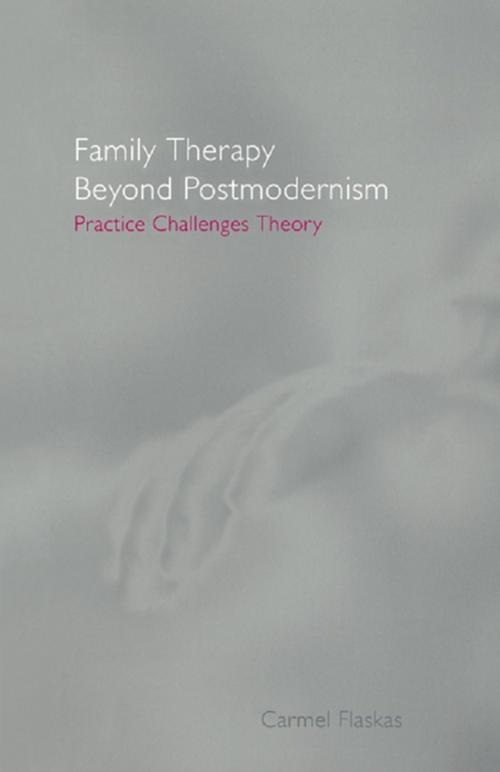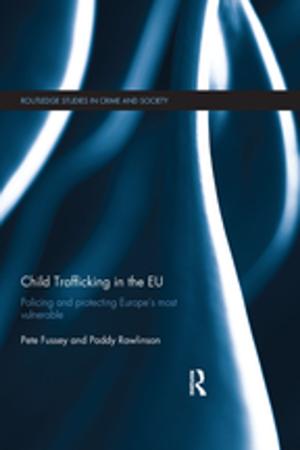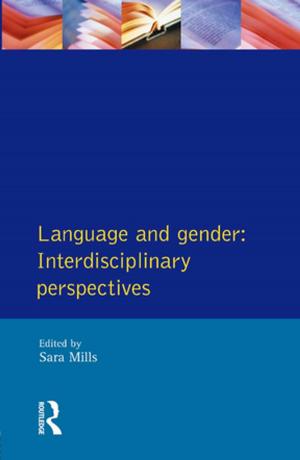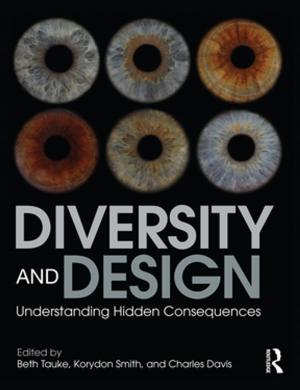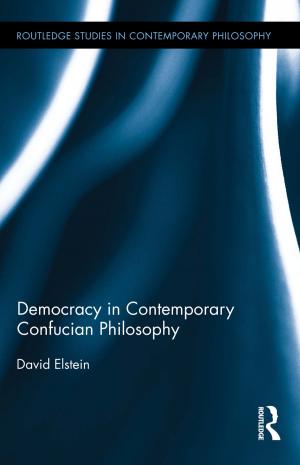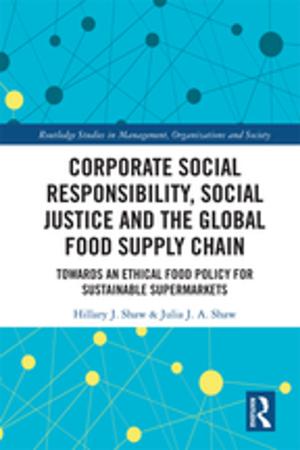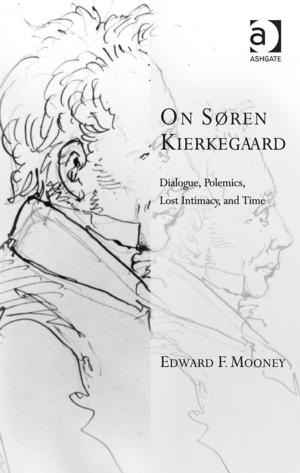Family Therapy Beyond Postmodernism
Practice Challenges Theory
Nonfiction, Health & Well Being, Psychology, Family Therapy, Psychoanalysis, Mental Health| Author: | Carmel Flaskas | ISBN: | 9781134739301 |
| Publisher: | Taylor and Francis | Publication: | September 2, 2003 |
| Imprint: | Routledge | Language: | English |
| Author: | Carmel Flaskas |
| ISBN: | 9781134739301 |
| Publisher: | Taylor and Francis |
| Publication: | September 2, 2003 |
| Imprint: | Routledge |
| Language: | English |
Postmodernist ideas are widely used in family therapy. However, it is argued that these ideas have their limits in meeting the richness and complexity of human experience and therapy practice. Family Therapy Beyond Postmodernism examines postmodernism and its expressions in family therapy, raising questions about:
* reality and realness
* the subjective process of truth
* the experience of self.
Alongside identifying the difficulties in any sole reliance on narrative and constructionist ideas, this book advocates the value of selected psychoanalytic ideas for family therapy practice, in particular:
* attachment and the unconscious
* transference, projective identification and understandings of time
* psychoanalytic ideas about thinking and containment in the therapeutic relationship.
Family Therapy Beyond Postmodernism offers a sustained critical discussion of the possibilities and limits of contemporary family therapy knowledge, and develops a place for psychoanalytic ideas in systemic thinking and practice. It will be of great interest to family therapists, psychotherapists and other mental health professionals.
Postmodernist ideas are widely used in family therapy. However, it is argued that these ideas have their limits in meeting the richness and complexity of human experience and therapy practice. Family Therapy Beyond Postmodernism examines postmodernism and its expressions in family therapy, raising questions about:
* reality and realness
* the subjective process of truth
* the experience of self.
Alongside identifying the difficulties in any sole reliance on narrative and constructionist ideas, this book advocates the value of selected psychoanalytic ideas for family therapy practice, in particular:
* attachment and the unconscious
* transference, projective identification and understandings of time
* psychoanalytic ideas about thinking and containment in the therapeutic relationship.
Family Therapy Beyond Postmodernism offers a sustained critical discussion of the possibilities and limits of contemporary family therapy knowledge, and develops a place for psychoanalytic ideas in systemic thinking and practice. It will be of great interest to family therapists, psychotherapists and other mental health professionals.
